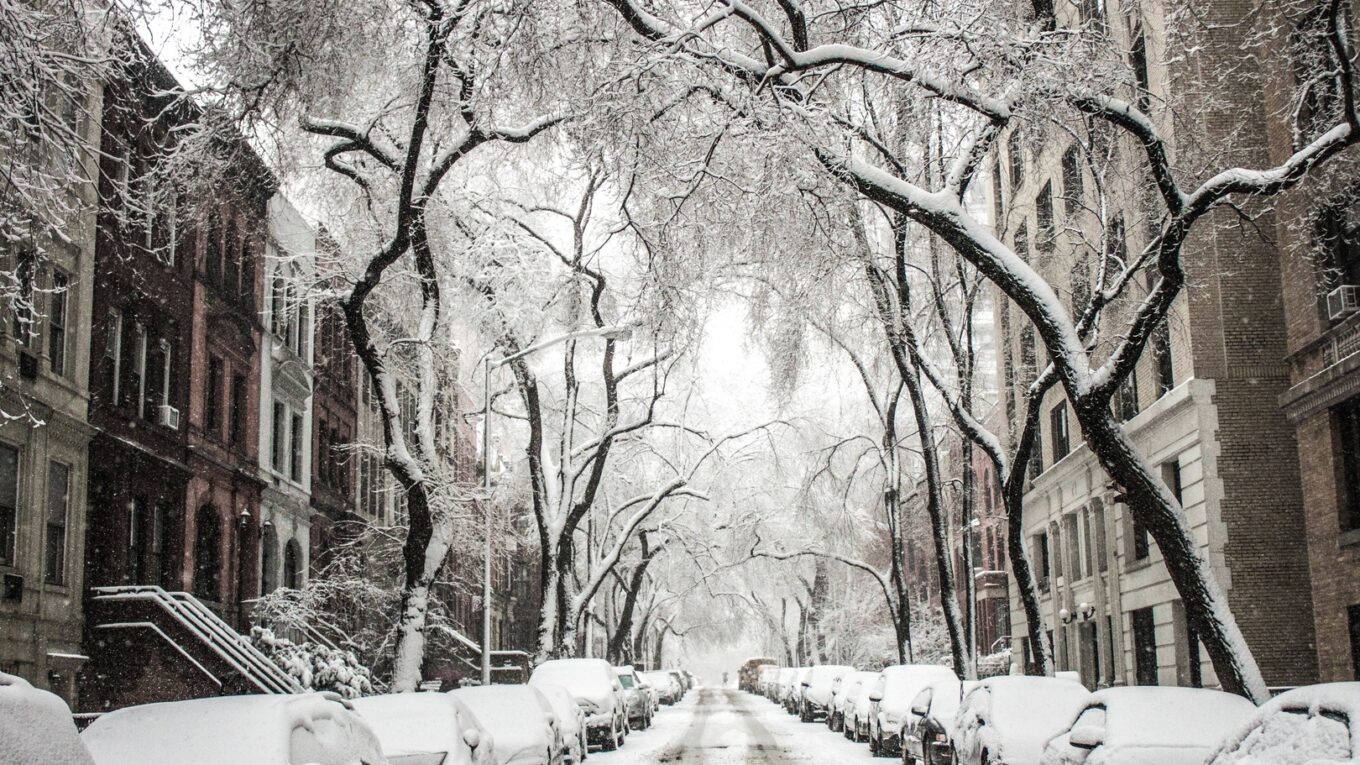Is Your Home Fit For A Cold Snap?
Is Your Home Fit For A Cold Snap? There’s nothing worse than flicking through the TV channels to stumble across the weather report, only to see that a cold snap is on the way. Depending on your location, this will either come as a shock, or it could be a seasonal occurrence. However, you might be in for a rude awakening when you head home to batten down the hatches only to realize that your home isn’t ready to withstand the elements. Before a cold snap, storm warning, or other weather event is announced, you must make sure that your pad is fit for a cold snap. Take a look at these preparations you can undertake to ensure that your home remains safe and habitable.
Start At The Top
The most fundamental part of any home when trying to withstand the elements is the roof. It needs to be secure, without slipped tiles or holes, and it must not be bowing or have any loose fittings. Along with any storm comes a shocking amount of rain. Even if your roof looks sound, it may not be watertight. At best you might get some excess moisture, but at worst you might be forced to endure dampness, mold, or a severe leak. Flooding is not uncommon when severe storms are forecast, so it’s vital that you get a home roofing firm to take a look at your roof at the very least. By repairing rather than replacing you will be saving yourself a small fortune and keeping your home safe for your brood.
Boiler
Your boiler is an integral part of your home. It will allow you to enjoy hot water for showers, washing, and cleaning, and you will also have gas-fired central heating at your fingertips. When cold weather is forecast, pipes can freeze overnight leading to bursts or corrosion. This can lead to your boiler being out of action for a time. Without a boiler, your home can get dangerously cold, especially for the youngest of your family. To mitigate this risk, make sure that you have your boiler serviced regularly, and bleed your radiators. To try and ensure that your pipework doesn’t freeze, put your heating on regularly for short bursts throughout the day. Lack of use can make your heating system stagnate. A gas-registered engineer will ensure the upkeep of your water and heating system so that you never have to go without during a cold snap.
Windows
Your windows need to be well maintained to ensure that heat doesn’t escape from them. If you can feel a draught through the seals or the glazing appears cracked or chipped, it might be time to get your glass replaced. Double glazing should last a decade or more, but you should still be cleaning your windows regularly. By adding Custom Shutters or blinds over your glazing, you can add a level of insulation to keep even more heat within your four walls. This could lead to you using your heating less and saving you money on your utility bills.
If you have floor-to-ceiling windows, you might need to invest more heavily in specialist glazing that retains heat. While costly, this can save money in the long run on your heating bills.
